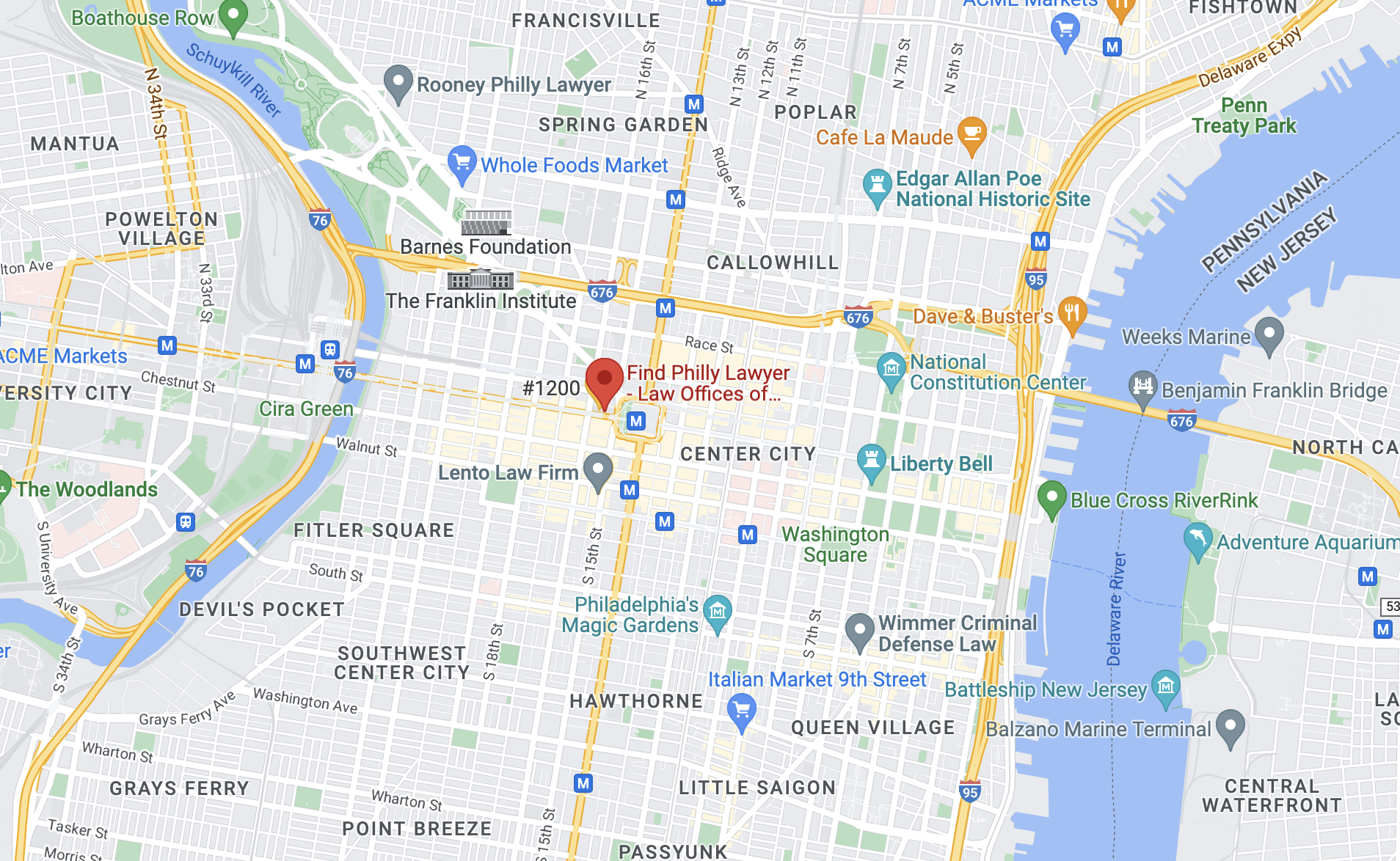A criminal record can interfere with virtually every aspect of your daily life. In some instances, former offenders can seal their records or seek “expungement” to have the record erased. In this article, our Philadelphia federal criminal defense lawyers will explain how expungements work for federal charges and how you may be able to get your record cleared. For a free consultation on your case, contact The Liberty Law Team today.
What is Expungement and How Does it Affect Your Criminal Record?
For understandable reasons, fines and prison are the greatest concerns for most criminal defendants. However, these formal penalties are not the only negative repercussions of being convicted of a crime. Long after defendants have served their time, paid their restitution, and satisfied all other penalties, they are often left to struggle with the informal penalties of labeling, stigmatization, and discrimination based on their criminal record.
Despite the enactment of numerous state and federal laws designed to prohibit discrimination, the fact of the matter is that employers, lenders, and landlords often find ways to block applicants with criminal records. Unfortunately, a criminal record is a burden which frequently leads to housing discrimination, lending discrimination, and employment discrimination. If you are later charged with additional crimes, having a record can make your situation and potential penalties worse.
“Expungements” seek to lighten this burden by giving convicted offenders the opportunity to have charges removed from their criminal record. Each state has its own expungement rules, but federal charges are handled separately. That means that charges like money laundering, embezzlement, and securities fraud are processed and maintained as part of your federal criminal record.
Once a crime is expunged, it no longer appears on your record. This may mean that potential employers, lenders, or colleges who perform a background check on you may not find these crimes. However, applications that ask whether you have ever been charged with a crime may require you to disclose charges that were expunged or dropped, even if they don’t appear on your record anymore.
Instead of expungement, you may be able to get some records “sealed.” This means that the government has a copy of them, but they are not available to the general public. This is common for things like juvenile criminal charges since they are not available for the general public to find during a background check but need a permanent record.
Expungement is often available for old offenses that have been on your record for a long time but may not represent you today. Expungement is often available (and often automatic for state offenses) when the charges are dropped or dismissed.
Can You Expunge Federal Criminal Offenses in Pennsylvania?
Typically, federal crimes cannot be expunged. Judges do not have the general authority to expunge your record after a conviction. Some federal courts have held that the court does have the power to expunge a criminal record for an arrest that was made in error or a case that was dismissed, so it is vital to pursue these options if they are available to you.
While the vast majority of federal crimes are unfortunately ineligible for expungement, there is one narrow yet crucial exception: some federal drug charges can be expunged.
This exception is addressed by 18 U.S.C. § 3607 – Special Probation and Expungement Procedures for Drug Possessors. Under this section, you may be able to avoid the penalties for a first-time drug possession in Pennsylvania or other offense in PA by applying for a sentence of probation after you are convicted. If they complete their probation with no problems, the court can expunge their record and not enter the judgment against them. The Department of Justice will keep a record of this, but there will be no public record of the conviction. You can only take advantage of this exception one time, and you can only do so on your first drug conviction (state or federal).
Some DNA records can also be expunged, though this has nothing to do with the criminal record for related charges or arrests.
State juvenile justice systems often have processes for expunging or sealing juvenile records, but the federal justice system has no special exemptions for juveniles.
Alternatives to Expungement in Pennsylvania
Even though you cannot get your record expunged for most federal offenses, you may have other options to help you avoid your record following you around.
First, some records may be sealed even if the record is not expunged. Details about sensitive investigations may be withheld from public records or news reports, especially if releasing this information would interfere with other investigations. For instance, the charges against you may be sealed while the case is resolved. However, this usually does not stop the record of conviction from later becoming public record.
In some instances, it is possible to obtain a presidential pardon. A pardon will not seal the record, remove the offense from your record, or end your responsibility to disclose your conviction, but it can mitigate the effects of the conviction. If the president and the Office of the Pardon Attorney accept your pardon request, your sentence ends, and any fines or remaining prison time are canceled. Similar forms of “executive clemency” can include “reprieves,” “commutations,” and other effects.
Although the President of the United States must personally hand down a pardon, regular, everyday people receive clemency, not just high-level government actors. From the beginning of President Bill Clinton’s term in office through mid-2018, there have been a total of 2,597 uses of executive clemency, showing these options are possible, if rare.
Call Our Philadelphia Federal Crimes Defense Attorney for a Free Consultation on Your Case
If you’ve been charged with a federal crime, you likely face incredibly harsh criminal penalties. Most federal sentences are longer than their state counterparts, and fines can range into the hundreds of thousands or even millions of dollars. If you are convicted, you will also have to fight against the many personal and professional obstacles which come from having a criminal record.
Our Philadelphia defense lawyer at The Liberty Law Team are prepared to challenge even the most serious federal charges, such as if you were charged with trespassing on federal property in Philadelphia, and have obtained favorable outcomes for numerous clients. If your loved one has already been convicted, we may be able to assist them with the criminal appeals and expungement process. To learn more about how our Philadelphia embezzlement defense lawyers can help in a free, private legal consultation, call our law offices right away at (215) 826-3314.





 Liberty Law Team
Liberty Law Team  (215) 826-3314
(215) 826-3314 lonny@libertylawteam.com
lonny@libertylawteam.com





